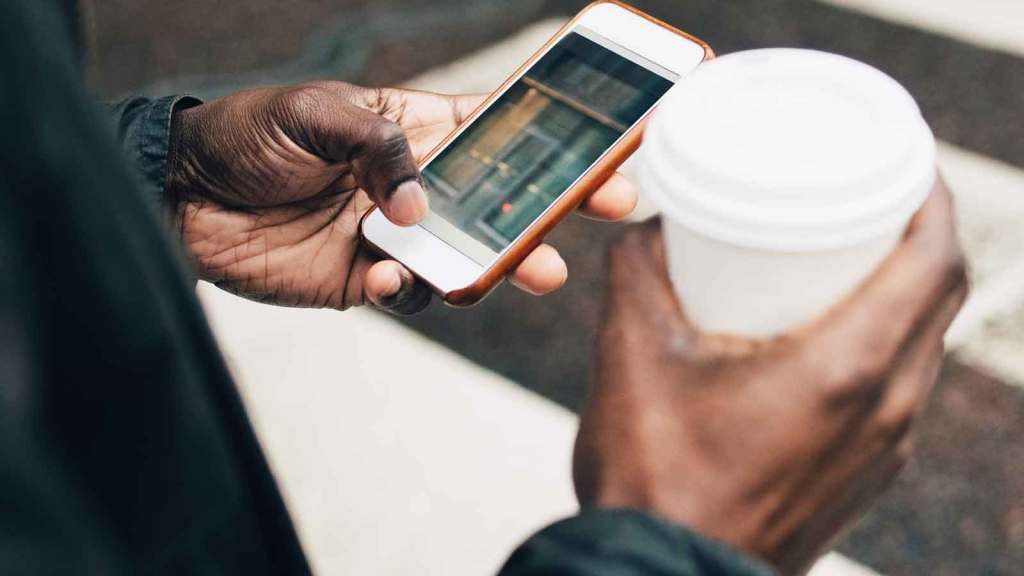Social media allows us to connect. It makes people feel closer when they are far away and helps us create and maintain intimacy even when we’re not physically together.
But, it also allows the dissemination of information at a lightning speed while also lacking the appropriate filters that decide whether the information is even factual.
The rise of fake news has been well reported on, especially in the age of Trump, but what are the ramifications of spreading information that isn’t correct? And why do humans feel the need to circulate hysterical or downright incorrect information?
An example of this social media driven hysteria occurred when American basketball star Kobe Bryant died in a helicopter crash in January. News and entertainment outlets were so concerned with being the first to break the story that they posted inaccurate information.
Many circulated news that Bryant had perished alongside all four of his daughters – Bryant’s 13-year-old daughter Gianna died in the crash – but the former information spread all over social media. Even worse, when media outlets correctly reported the death of Bryant, Gianna and seven others, it was before all of the family members were officially notified.
The social media environment thrives on the policy that being first is best, regardless of whether the information is right. According to Dr Lauren Rosewarne, social scientist at the University of Melbourne, this basically comes down to human nature.
“Humans are predisposed to bad news: whether it’s on the front cover of a newspaper, a news bulletin, or a social media post, we are drawn to bad news and we circulate bad news,” Dr Rosewarne tells The Latch–.
Coronavirus and social media hysteria
This has definitely been the case when it comes to the reporting on coronavirus (known as COVID-19). While not all of the information spread on social media has been inaccurate, it has been inescapable.
Earlier this month, the World Health Organisation (WHO) called the media storm surrounding COVID-19 an ‘infodemic’ — “an over-abundance of information — some accurate and some not — that makes it hard for people to find trustworthy sources and reliable guidance when they want it.”
The 24-hour news cycle means that information about COVID-19 is constantly being churned out and at speeds that we haven’t previously had to deal with. While outbreaks like SARS, MERS and Zika caused worldwide anxiety, they didn’t have the same hysterical social media response that coronavirus has.
“Social media allows everyone to be a broadcaster,” says Dr Rosewarne. “This means that the kind of gossip and fake news that might once have only been circulated between numbers can get global distribution leading to a hysterical, misinformation-fuelled response.”
Jumping on the bandwagon
The hysterical reporting on COVID-19 reached new heights when a group of teens in Canada used it to their advantage. The boys pretended their friend had contracted coronavirus and documented it on social media app TikTok. While the prank was indeed fake, it did reach over 4 million viewers and gave the group of teens the clout they were looking for.
People jumping on trends, no matter how serious they might be, isn’t a new occurrence, says Dr Rosewarne.
“There will always be a very small number of people who are dishonest. This might be because they are attention seekers, because they are trying to swindle people out of money, it might be because they are fantasists. Social media gives people the ability to achieve this, with their story having the potential to go viral.”
Ditching the hysteria
The rampant misreporting on COVID-19 has created global panic as well as frequent displays of racism towards the Chinese community. To help combat this, WHO has partnered with social media platforms like Twitter, Instagram, Facebook and TikTok in an attempt to circulate accurate and helpful information.
Facebook has taken steps to delete any posts that contain false health claims about coronavirus, while TikTok has removed any content that is misleading or spreading inaccurate information like the video of the Canadian teens.
When it comes to medical information, Dr Rosewarne advises people to choose their news outlets carefully.
“Make sure to only get your news about the virus from legitimate sources, i.e. respected newspapers and government health authorities. In short, never ever ever take health advice from random people on Facebook.”
Hear, hear!
The current health crisis is evolving rapidly. If you suspect you or a family member has coronavirus you should call (not visit) your GP or ring the national Coronavirus Health Information Hotline on 1800 020 080.







